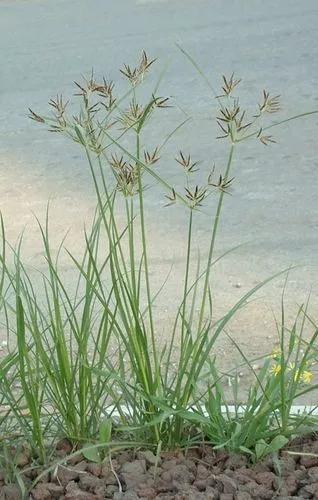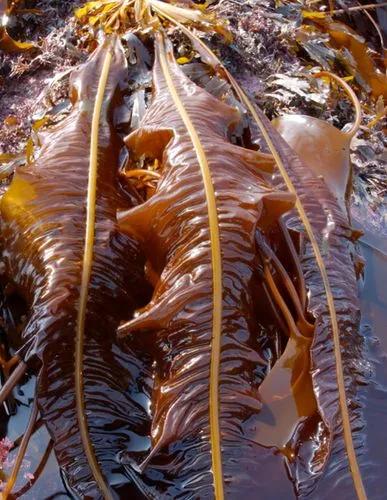One of our native grasses, Northern Sea Oats is beautiful from midsummer right through the winter months. Plants form an upright clump of deep green leaves that arch gracefully from the stem in layers, looking a little like a dwarf bamboo. Dangling green flower spikes mature to a beautiful bronze shade in fall, eventually turning beige for the winter. Excellent for cutting, fresh or dried. Deserves to be much more widely used, tolerating a wide range of soil and light conditions, but happiest in moist soil with dappled shade. Self seeds, but seedlings are easily removed if unwanted.
Broadleaf Chasmanthium Care
Chasmanthium Latifolium



How to Care for the Plant

Water

New plantings should be watered daily for a couple of weeks. After that, depending on the weather and soil type, watering may be adjusted to every two or three days. Clay soils hold moisture longer than sandy soils, so expect to water more frequently in sandy settings.

Pruning

Depending on the flowering habit, snip off faded blooms individually, or wait until the blooming period is over and remove entire flower stalk down to the base of the plant. Removing old flower stems keeps the plant’s energy focused on vigorous growth instead of seed production. Foliage can be pruned freely through the season to remove damaged or discolored leaves, or to maintain plant size.

Fertilizer

Incorporate fertilizer into the soil when preparing beds for new plants. Established plants should be fed in early spring, then again halfway through the growing season. Avoid applying fertilizer late in the growing season. This stimulates new growth that can be easily damaged by early frosts.

Sunlight

Sun to Part Shade

Soil

Fertile, well-drained soil.

Temperature

Lowest Temperature:-20° to -10°F (-29° to -23°C)

Popularity

231 people already have this plant 38 people have added this plant to their wishlists
Discover more plants with the list below
Popular articles






